The Pleiades (M45) with 300mm Telephoto Lens astrophotography
The best lenses for astrophotography have a wide focal length and maximum aperture — here are our favorites from Canon, Sony, Nikon & more. Jump to: Quick list Best lens overall Best Sony.

Best Lenses for Astrophotography (2023)
The optical quality of this lens is, in my experience, considerably better (in astrophotography) than conventional telephoto lenses, even those of high quality. For instance, this one beats the Canon 300/4 lens I used to have and the Canon 200/2.8 L lens that I tested.

5 Best Telephoto Lens For Astrophotography Best Cameras Lens
Using a Camera Lens instead of a Telescope On nights when imaging time is limited, a great option is to set up a highly mobile setup that you can get up and running quickly. You do not need a telescope to enjoy astrophotography and capture many stunning deep-sky objects in the night sky.
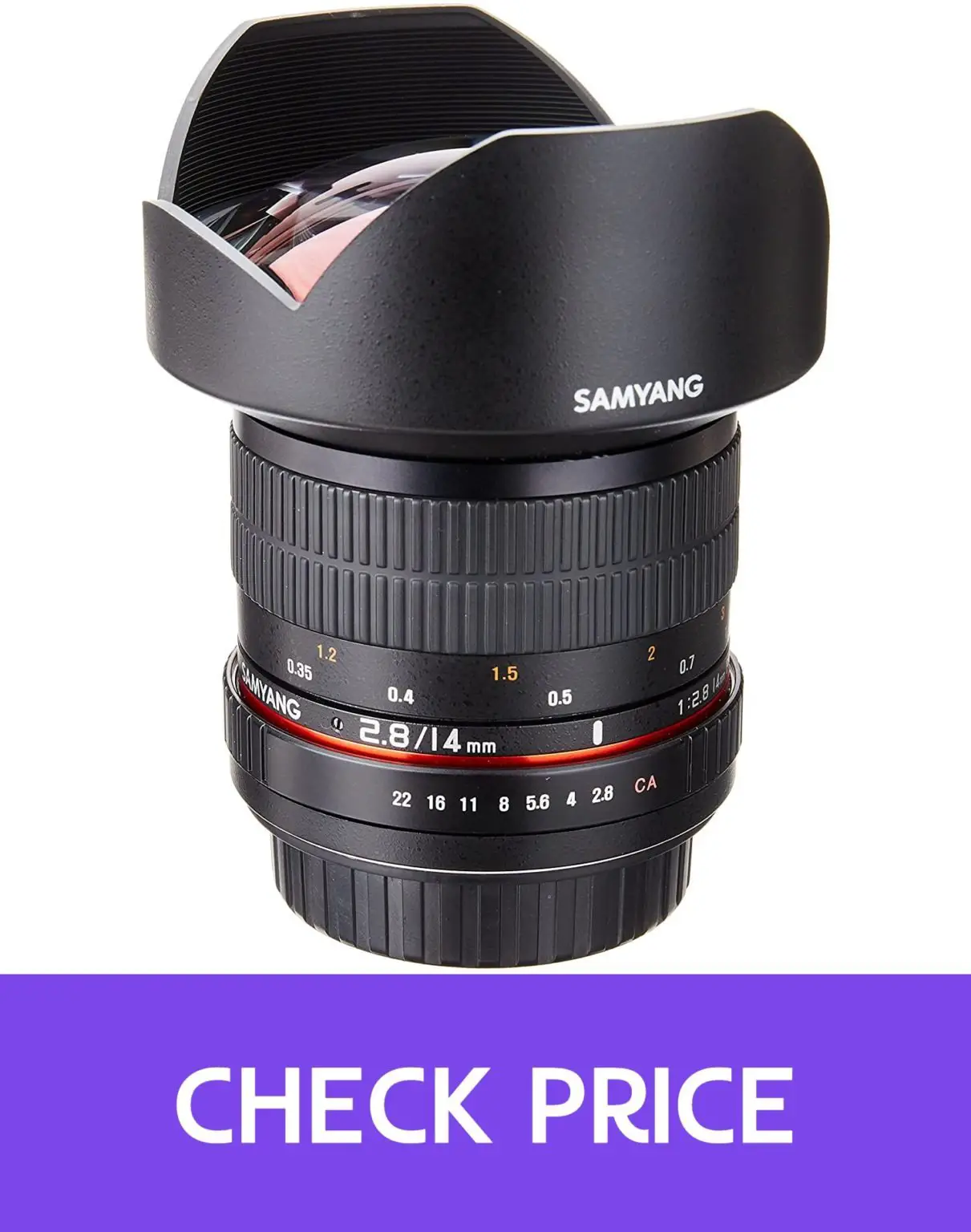
Best Canon Lens for Astrophotography [Top 8 Reviewed] DopeGuides
A telephoto lens, 135mm to 200mm, is an excellent choice for capturing these deep-space objects. Another thing to remember is that these objects require a larger aperture so that enough light can be captured and proper exposure can be made. Lenses such as the Sigma 105mm f/1.4 or the Sony FE 135mm f/1.8 are typical lenses best suited for these.

The Best Telephoto Lenses for Astrophotography Articles Articles Articles Cloudy Nights
From $12 Subscription offers News Reviews Features Tutorials Buying Guides Magazines Popular Buying Guides The best lenses for astrophotography in 2024: fast ultra-wide lenses for the night sky By Matthew Richards last updated 7 August 2023

Best Lenses For Astrophotography 2021 Complete Buyer’s Guide Digital Camera HQ
Choosing the right telephoto lens for astrophotography depends on several key factors. Here are some important considerations to keep in mind: 1. **Focal Length**: The focal length of the telephoto lens determines the level of magnification and field of view. Longer focal lengths provide greater magnification but narrower fields of view, while.
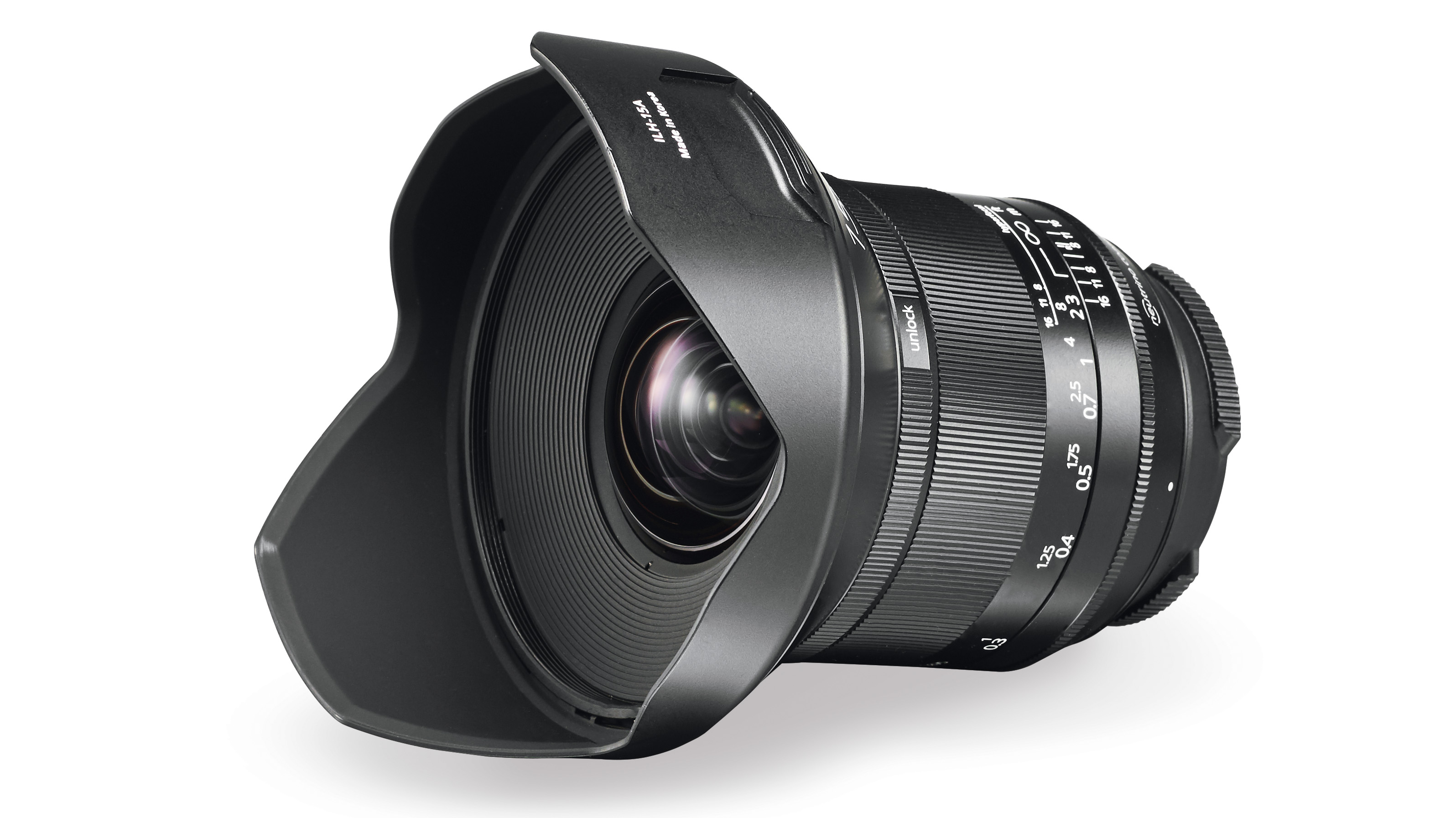
The best lenses for astrophotography in 2020 Digital Camera World
What is a Telephoto Lens? What Is the Difference Between a Zoom Lens and a Telephoto Lens? Why Are Telephoto Lenses So Expensive? What Is a Telephoto Lens Used For? 1. Making subjects appear closer to the camera 2. Creating compression in an image 3. Creating blurred backgrounds 4. Getting closer to details 5. Taking portraits without distortion 6.
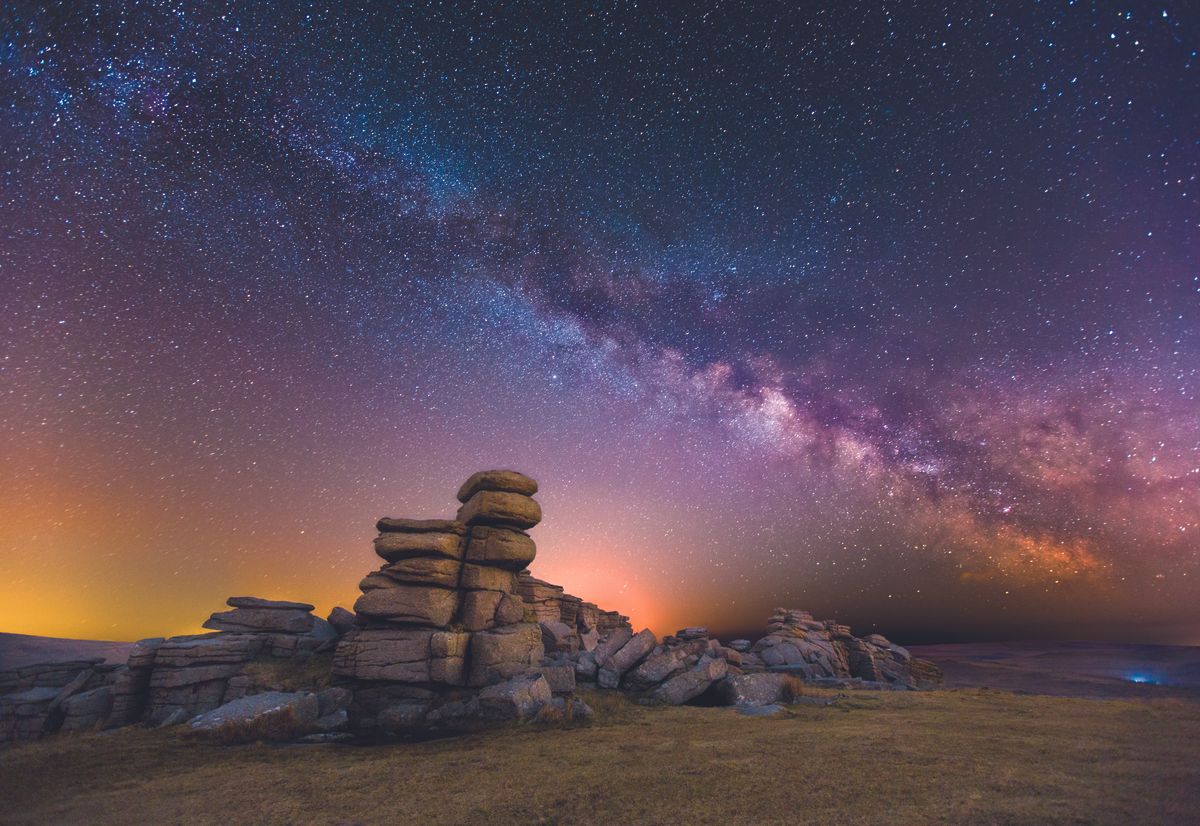
The best lenses for astrophotography in 2020 Digital Camera World
2. Canon EF 16-35mm f/2.8L III USM Lens. The EF 16-35mm f/2.8L III USM Lens is the Canon wide-angle zoom lens you want. This professional-grade lens is the perfect choice for a wide variety of uses, and the image quality it creates is impressive. The lens is well built and includes weather sealing.

Astrophotography 101 Lens Guide and YouTube
We could use a 70-200mm f/2.8 lens at $2000 and attach it to a 2x teleconverter for $430 for a total of $2430 and a maximum aperture of f/5.6. Or we could invest in a 100-400mm f/5.6-6.3 lens for.

Best Lenses for Astrophotography (2023)
Especially for beginning astrophotographers, who should first invest most of their finances into a good telescope mount, telephoto lenses are an excellent and affordable solution. 135mm and 200mm lenses are suitable for wide angle star-field views, and comet and asteroid hunting, while 300mm lenses serve very well for the Andromeda galaxy, large.
New Gear DigitalMate 500mm/1000mm f/8 Manual Telephoto Lens [Stellar Neophyte Astronomy Blog]
For deep space photography, you want a telephoto lens with a long focal length and fast aperture. Let's look at each of these in more detail. Lenses for Milky Way Photography There are two main things to look for in a lens to give you the best chance of getting fantastic shots of the Milky Way or starry skies above the Earth:

5 Of The Best Astrophotography Lenses
You don't need a telescope start shooting astrophotos! Use the lens that came with your camera. You can take some great pictures with some simple equipment. If you get more serious, the name of the game in astrophotography is collecting photons.

Best Canon Lens for Astrophotography [Top 8 Reviewed] DopeGuides
When choosing lenses for astrophotography, ensure the lenses are wide-eyed and the focal length should be between 18-24mm. However, if you taking pictures of deep skies objects or the northern light, use telescopes with over 400mm focal length. Besides, telescopes are cheaper than a normal camera lens. Coma and Chromatic Aberrations

Professional Astrophotography Setup Equipped with DSLR Camera, Telephoto Lens and Guider Scope
Find the perfect lens for shooting the stars with our guide to the best lenses for astrophotography, by Tim Coleman and the AP team. Mastering astrophotography is one of the most challenging ways to improve your night photography - and one of the most rewarding. Capturing images of the night sky, and the stars and planets therein, requires patience, technical precision and a bit of luck with.

5 Of The Best Astrophotography Lenses
Canon 300mm F/4L Lens for Astrophotography Make no mistake, a telescope designed for deep sky astrophotography has many advantages in terms of deep-sky astrophotography. Specialized features such as a robust dual-speed focuser, light baffles, and the ability to easily accommodate astronomy cameras and autoguiding systems to name a few.
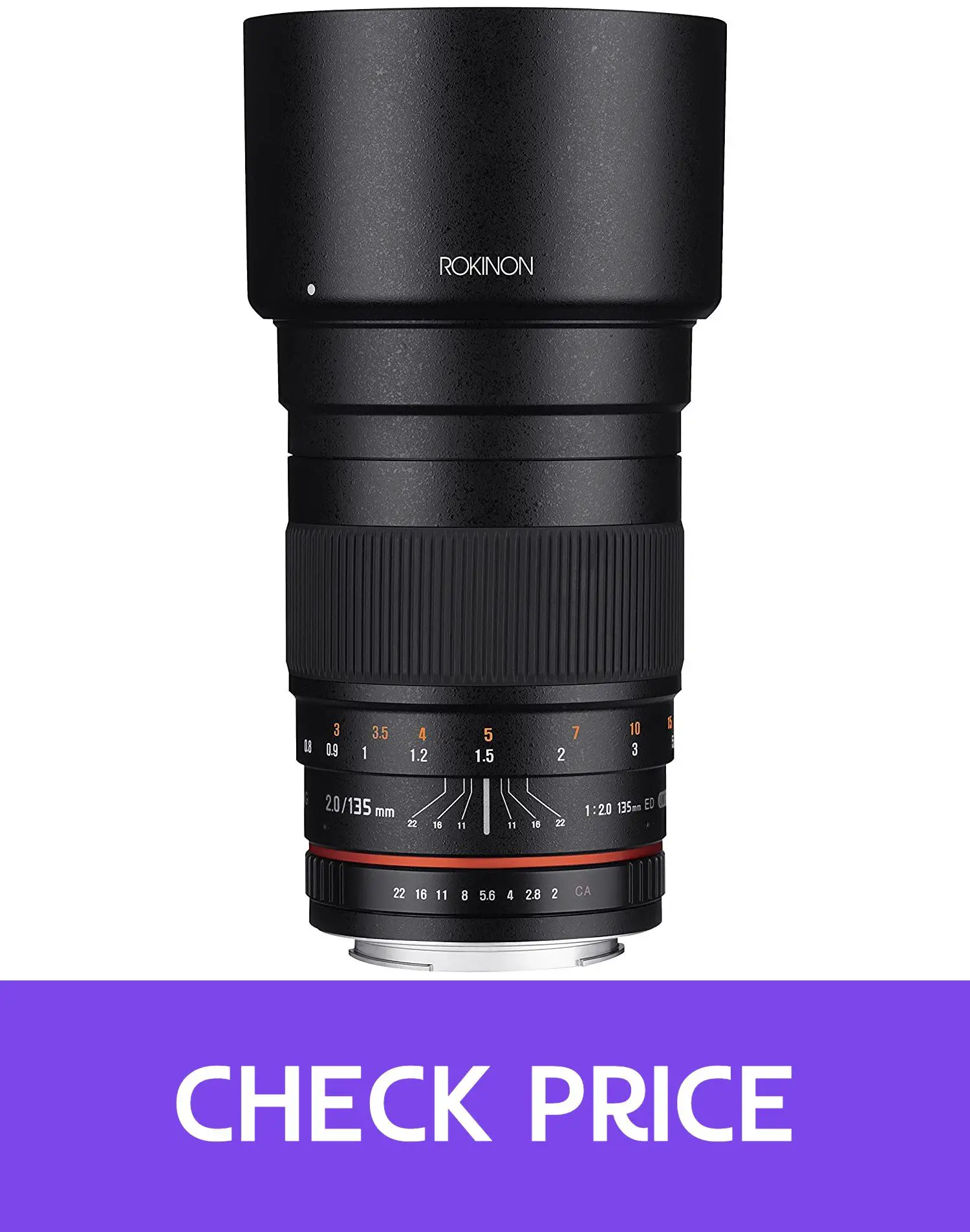
Best Canon Lens for Astrophotography [Top 8 Reviewed] DopeGuides
Astrophotography is like a supreme test for optical quality in a lens, as point-like sources of light are the hardest to photograph. And guess what- stars are point-like light sources! Any lens has optical aberrations, and astrophotographers will always want the lenses with the smallest optical defects.